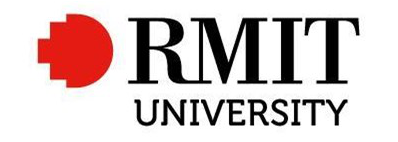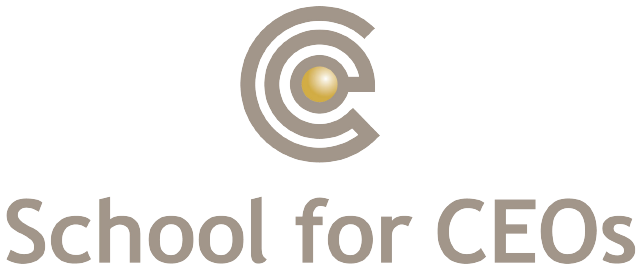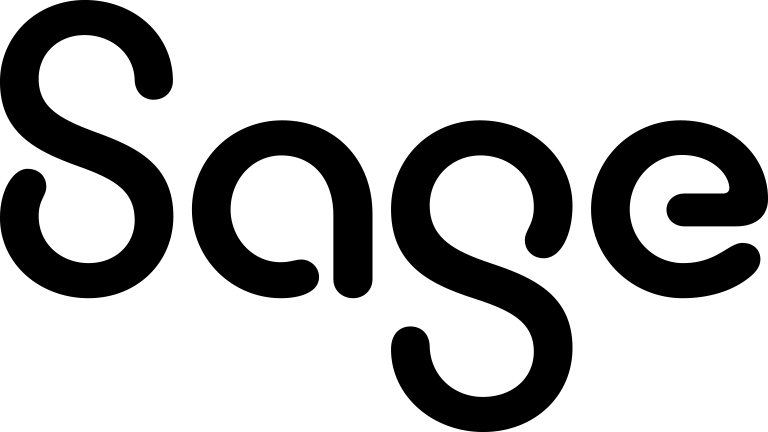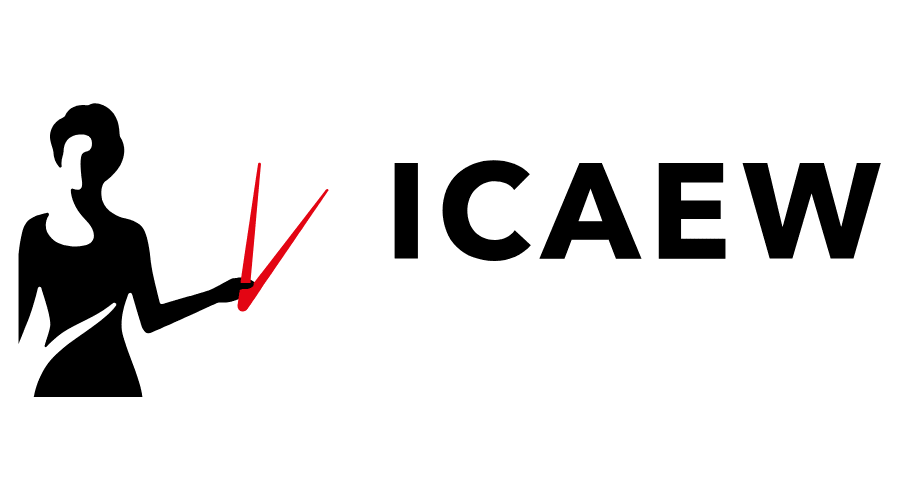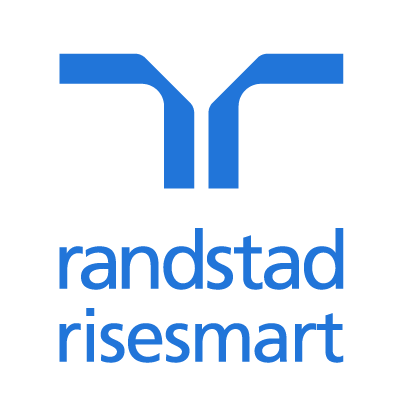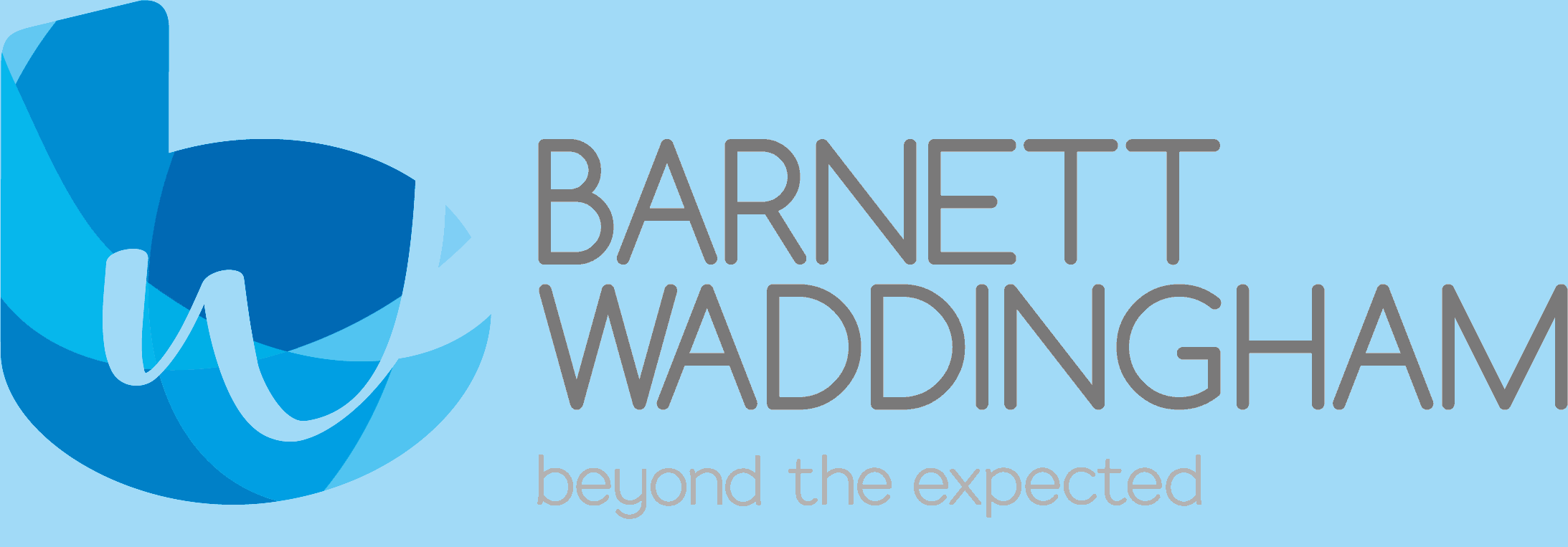We’re all familiar with the challenges the future holds for workplaces around the world. In Australia, the predictions are that 40 per cent of jobs will be automated in the next 10 to 15 years (Durrant-Whyte et al., 2015). Even roles in medicine, legal services and engineering seem unlikely to escape the wave of technologic disruption sweeping over the jobs market thanks to artificial intelligence.
These waves of change mean that all organisations must prepare for a future where they are expected to adapt very rapidly, add new capabilities and functions, or retrain existing employees to redeploy to other parts of the company. Human resources will be right at the centre of this change; its role will be to facilitate a smooth transition in organisational restructuring. Adding new roles as established roles wither away, and managing the downsides to the business associated with the handling of redundancies and the displacement of employees, will become critical to the functioning of an efficient HR department.
Jacqui Curtis, Deputy Commissioner at the Australian Tax Office, believes: “these challenges are driving a degree of ‘messiness’ in the workplace and will require human resources professional, now and in the future, to think hard about how they best bring value to the issues for which they have responsibility. Providing both strategic and practical support for leaders to deliver improved workforce outcomes will be human resource’s key role in the years ahead” (Australian Human Resources Institute, 2015).
Not just that, there is a strong push towards corporate and social responsibility in Australia, following a number of well-publicized examples of corporate misconduct from household brands.This has led to an increased focus on the implementation and reporting of best practice in these areas. Human resources professionals are again likely to play a significant role in the upholding of ethical business practices and integrating these practices throughout any organisation.
To better understand the impact of these influences on HR, RMIT University commissioned Deliotte Access Economics to examine the future of the HR sector in Australia. The report, The future of work: occupational and educational trends in human resources in Australia, suggests that the role of human resources will play a growing - indeed critical - role within the future workplace, with employees becoming more mobile, and the disruptive nature of technology impacting almost all businesses. Indeed, the demand for HR skills will see an average growth rate in the HR workforce of 2.3 per cent a year. That will mean an increase from 218,000 persons in 2016-17 to around 270,000 by 2021-22. In crucial areas like policy and planning the growth rate is likely to be higher still - a robust four per cent per annum. To put those figures in perspective, the average annual growth rate for the Australian workforce as a whole is 1.5 per cent.
Although the Australian Human Resources Institute estimates that 30 per cent of its members already hold a master’s degree, more than half of those members surveyed believe that they will need to pursue further education to prepare for the future changes taking place in the workplace. It’s clear that as the nature of work changes and accelerates, the HR function itself will go through a period of accelerated change. Education is going to play a central part in ensuring that a much-expanded HR workforce can deliver a wide range of roles and responsibilities.
As demand grows, we not only need to meet that demand, but we also need to ensure that those being trained have the right skills both now - and into the future. The good news for those undertaking postgraduate study is that there is lifetime wage premium of 48 per cent over those with no post-school qualifications. Further, with a postgraduate qualification in management and commerce the average annual income of those in HR rises from AU$137,324 in 2016-17 to AU$160,132 in 2021-22.
It’s hard to say what the impact of technology and workplace mobility might be in Europe, but for Australia at least the future for the HR profession looks bright. Growing the number of jobs is one thing, but making sure those who fill those new roles have the skills and experience to fulfill that bright future is something altogether different. HR departments must ensure that appropriate training and education is provided to those looking to take on more strategic and planning-focused roles for HR to reach its full potential.
Silvia Bressan is a content producer at RMIT University in Australia


